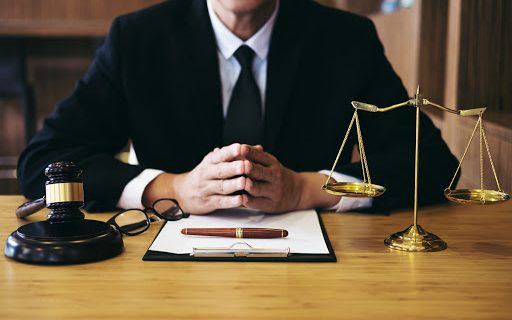
What Does a Criminal Defense Lawyer Do?
A criminal defense attorney performs a number of essential roles throughout a criminal case. He or she is responsible for defending a defendant in a court of law. When speaking, he or she speaks on behalf of the customer.
Assignment of the Case
A criminal defense lawyer may be contacted directly by the defendant or assigned to the case by the court. The public defender’s office pays handsomely for criminal defense attorneys who work as public defenders. They are assigned cases by local, state, or federal courts. Private businesses hire more criminal defense lawyers. A few criminal defense lawyers establish and operate their own independent law firm. Public defenders often make less money than private attorneys and handle more cases because of the referral process and the fact that they are paid by parties other than the accused. A court may occasionally select a private attorney to represent them in a specific case.
Interview about the Case
The criminal defense lawyer should make every attempt to find out as much information as they can regarding the case when they have the chance to talk with the client face-to-face. Asking detailed inquiries about the case will enable him or her to learn more about prospective defenses as well as their advantages and disadvantages. This requires rigorous and in-depth questioning of the defendant.
Investigation into the Case
In addition to questioning the criminal defendant in-depth about the crime, he or she must conduct additional investigation to identify any prospective grounds for acquitting the perpetrator. Typically, this entails asking the police to describe the methods they employed to crack the case. It can also require learning more about the situation and speaking with potential witnesses. The goal is to use all of this knowledge to build a solid defense. An expert witness may be questioned by a criminal defense lawyer regarding their testimony and any relevant supporting materials they may provide.
A criminal defense lawyer has the right to review the prosecution’s case before it is presented to the jury. This gives him or her the opportunity to see any holes in the prosecution’s case against the defendant and search for evidence that could refute them, for as by asking an outside lab or expert to review the evidence.
Analysis of Evidence
Before assessing the evidence presented against a criminal client, a criminal defense lawyer must thoroughly study the case’s facts and theories. The evidence might go through an impartial review. He or she may also review the evidence to see if there are any legal theories that may shield their client from a judgment.
Continued Contact with the Client
In order to inform their client of any developments in the case and to keep them informed, a criminal defense lawyer must remain in contact with them. The confidentiality of client communications is the attorney’s responsibility. In order for the client to better understand the potential outcomes, the attorney must also make sure that the client is educated about the situation.
Jury Selection
Criminal defense attorney assists in jury selection. He or she may try to have them removed for cause if they show signs of bias against the defendant or even if they are merely unhappy about a potential juror.
Plea Bargaining
A criminal defense lawyer is also responsible for updating the prosecutor on the status of the case and discussing any prospective plea deals. The defendant may be able to negotiate a favorable arrangement from a criminal defense lawyer that lessens the charges or the potential punishment.
Trial Participation
A criminal defense lawyer represents their client during the trial. In an effort to persuade the jury that the prosecution has not done enough to establish its case, he or she interviews witnesses, cross-examines state witnesses, and works to present the evidence.
Sentencing
If the criminal defendant is sentenced for the offense as a consequence of either accepting a plea deal or being found guilty by the judge or jury, the defendant may be represented by a criminal defense lawyer during the sentencing phase. He or she may discuss points that might persuade the judge or jury to reduce the defendant’s sentence and mention possible alternatives to imprisonment.